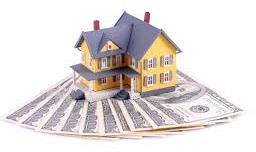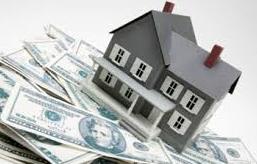A reverse mortgage is one of the terms many people have not heard before. The majority of them are confused as they are used to just the mortgage. Salespeople will tell you that you qualify for reverse mortgage. In fact, they use the term as it is something magical that will solve all your financial problems and limitations. It is important to understand what it is. Moreover, you need to know its negative and positive implications before you make a decision.
Things to know
A reverse mortgage is a method of accessing your home equity for cash flow. The lender or bank you choose will send checks to you  every month. However, before you apply, you need to know the following three things:
every month. However, before you apply, you need to know the following three things:
How does one qualify?
This type of borrowing is designed for elderly people who are in retirement or about to die. For instance, you need to be 62 years or more to qualify. Thus, these loans provide a tax-free and steady income for the old people without having them out of their home. Lenders can take repayment of a loan from proceeds of borrower’s estate when they pass away or move.
Unlike traditional loan approval process, the criteria, which is used is quite different. Rather than assessing one’s debit and credit score, some other factors such as age, home value, home equity, and health are evaluated.
Safeguards that come with reverse mortgage
This type of loan is attractive to elderly people because it does not affect their Medicare benefits and social security. Thus, you will be accessing steady income that does not go to medical expenses. Moreover, during your life, the ownership and title of a home  remain with you. In fact, you can pay the loan back without selling the property. If the value of the home is higher than the value of the loan, beneficiaries can settle the debt and take the home back. In essence, it is impossible for the loan amount to exceed the home value as your home is used as collateral.
remain with you. In fact, you can pay the loan back without selling the property. If the value of the home is higher than the value of the loan, beneficiaries can settle the debt and take the home back. In essence, it is impossible for the loan amount to exceed the home value as your home is used as collateral.
Any downsides?
Just like other loans, there are downsides. For instance, there are several fees attached to reverse mortgage loan. Some of them include closing costs, high interest rates, and mortgage insurance.
When you apply for a reverse mortgage, you need to know who will be affected. For instance, your children may have to repay the loan back to own the house.
